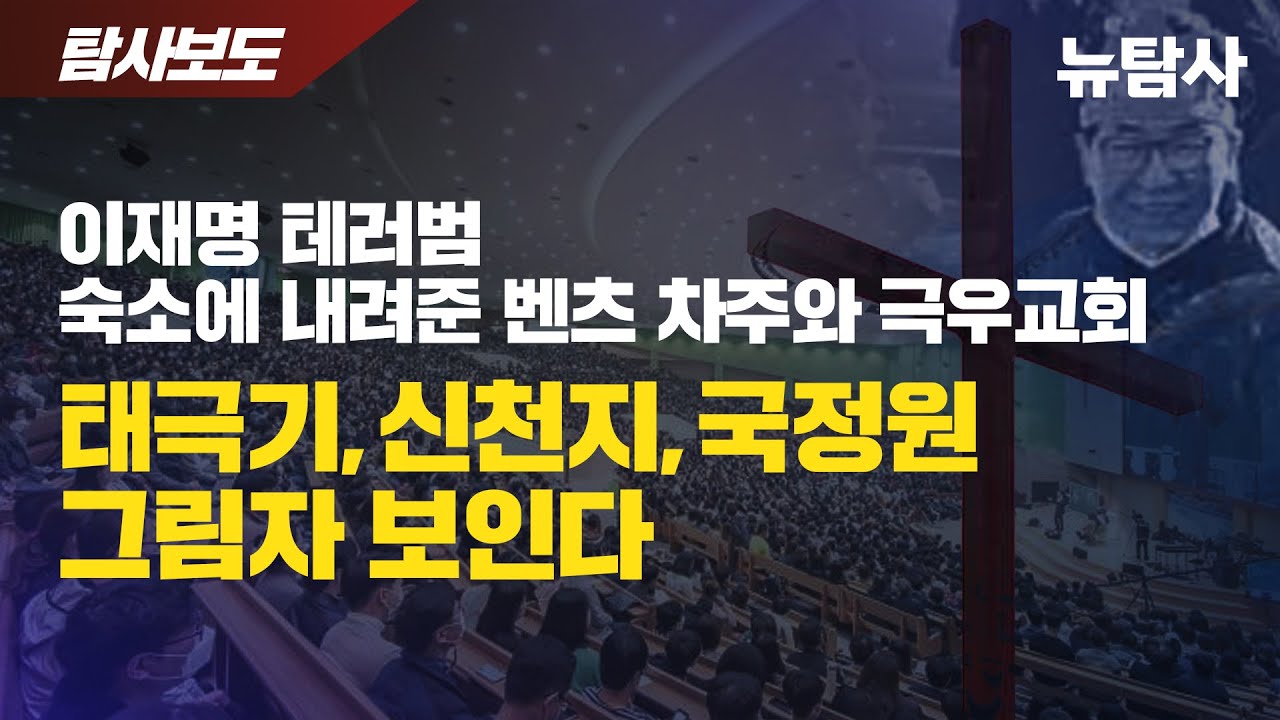How Luxury Beliefs are Ruining Society, with Rob Henderson
Summary
TLDR在这段对话中,Rob Henderson分享了他的新书《Troubled》的核心观点,探讨了精英阶层与社会大众之间的脱节,以及这种脱节如何影响社会政策和教育制度。他通过个人经历,包括在洛杉矶的贫困生活、寄养系统的经历,以及在耶鲁大学的学习,揭示了社会不平等和精英统治的问题。Henderson强调了社会对所有人的责任,以及为了实现更好的社会结果,需要对抗错误决策和意识形态的挑战。
Takeaways
- 📚 罗布·亨德森的书《麻煩》探讨了精英阶层与社会其他阶层之间的脱节,以及这种脱节如何影响社会政策和普通人的生活。
- 🧐 亨德森通过自己的经历,包括在洛杉矶的贫困生活、寄养系统的经历,以及在耶鲁大学的学习,揭示了社会不平等的不同面貌。
- 🏆 尽管《麻煩》一书符合《纽约时报》畅销书榜的标准,但并未上榜,作者和出版社正在调查原因,这可能与书中挑战主流观点有关。
- 🤔 亨德森讨论了奢侈品信仰的概念,即精英阶层持有与现实脱节的信念,这些信念可能导致对边缘化和弱势群体不利的政策。
- 👨👩👧 家庭背景和成长经历对个人价值观和信仰的形成有重大影响,亨德森的亚洲母亲和墨西哥父亲的混合血统背景为他提供了独特的视角。
- 🎓 教育系统的变化,如在旧金山公立学校推迟教授代数,可能会对低收入学生产生不利影响,限制了他们未来的学术和职业发展。
- 🚔 警察资金削减运动和对执法态度的变化导致了犯罪率的上升,亨德森通过数据和个人观察强调了这一点。
- 🏫 标准化考试和择优录取对于低收入和少数族裔学生来说是重要的社会流动工具,但这些概念近年来受到了质疑和攻击。
- 🤝 社会对每个人都有责任,亨德森认为政府应该为所有公民服务,提供有效的政府、学校和其他机构。
- 💡 亨德森强调了言论自由和学术自由的重要性,并认为这些自由不是自然而然就会存在的,需要社会成员不断地维护和争取。
- 🌐 社会需要更多有影响力的人勇敢地发表意见,诚实地讨论问题,而不是屈服于当前的政治正确或舆论压力。
Q & A
Rob Henderson的书《Troubled》主要探讨了哪些问题?
-Rob Henderson的书《Troubled》主要探讨了精英阶层与社会其他阶层之间的鸿沟,以及这种鸿沟如何影响社会政策和普通人的生活。书中还讨论了奢侈品信仰的概念,以及这些信仰如何导致社会基本层面的破裂,比如公共安全和刑事司法改革。
Rob Henderson的个人背景对他的观点有何影响?
-Rob Henderson的个人背景对他的世界观和观点有着深远的影响。他的成长经历,包括在洛杉矶的贫民窟生活、在寄养系统中的经历、以及后来被一个工薪家庭收养,都让他对社会的不平等和结构性问题有了深刻的理解和同情。这些经历使他对精英阶层的观点和决策持有批判态度,并在书中进行了深入探讨。
Rob Henderson如何看待标准化测试和择优录取?
-Rob Henderson支持标准化测试和择优录取。他认为这些制度能够帮助来自非传统背景的人获得提升的机会。他通过个人经历和研究数据来支持他的观点,认为标准化测试特别是对低收入和代表性不足的群体有利。他还批评了当前教育系统中取消这些制度的趋势,认为这会加剧社会的不平等。
Rob Henderson在书中提到了哪些社会问题?
-Rob Henderson在书中提到了多种社会问题,包括精英阶层的奢侈品信仰、社会基本层面的破裂、公共安全和刑事司法改革、教育系统中的不平等、以及社会对贫困和犯罪的态度等。他批评了精英阶层制定的政策往往与普通民众的需求和经验脱节,导致了社会的混乱和不公。
Rob Henderson对于精英阶层的看法是什么?
-Rob Henderson认为精英阶层在塑造社会话语和决策方面拥有巨大的影响力,但他们的观点和决策往往与社会的大多数人脱节。他指出精英阶层倾向于制定出一些听起来很好,但实际上对弱势群体有害的政策。他还提到精英阶层对于自己的地位和孩子的未来感到焦虑,这种焦虑可能导致他们在教育和职业机会上采取有利于自己孩子的措施。
Rob Henderson的书《Troubled》为何没有出现在《纽约时报》畅销书榜上?
-尽管Rob Henderson的书《Troubled》销售情况良好,达到了《纽约时报》畅销书榜的标准,但它并未出现在榜单上。Rob和他的出版商正在调查这一情况,这可能与书中挑战精英阶层观点的内容有关,这些观点可能不受某些有影响力的人群欢迎。
Rob Henderson如何看待警察和刑事司法改革?
-Rob Henderson认为警察和刑事司法改革是必要的,但他反对完全废除警察和刑事司法系统。他指出,暴力犯罪的增加与警察资金的削减有关,而且这种增加的犯罪对贫困社区的影响尤其严重。他主张应该有更多的对话和辩论,以找到既能保护人民安全,又能纠正行为的平衡点。
Rob Henderson对于教育系统的看法是什么?
-Rob Henderson对教育系统持有批判态度,特别是对于公立学校系统。他认为,教育系统未能为所有学生提供平等的机会,特别是在旧金山这样的城市,精英阶层更倾向于将孩子送入私立学校。他还批评了教育系统中取消标准化测试和择优录取的趋势,认为这些措施对低收入和代表性不足的学生不利。
Rob Henderson在书中提到的“奢侈品信仰”是什么?
-Rob Henderson在书中提到的“奢侈品信仰”是指那些听起来很高尚但实际上对普通人有害的信念。这些信仰往往由精英阶层提出,并在社会上广泛传播,但它们往往与普通人的实际经验脱节,导致了社会政策的失误和不公。
Rob Henderson对于社会不平等的看法是什么?
-Rob Henderson认为社会不平等是一个严重的问题,它不仅体现在经济上,还体现在教育、司法和安全等多个方面。他指出,精英阶层的政策往往加剧了这种不平等,而不是缓解它。他主张社会应该提供更多的机会和资源,以帮助弱势群体提升自己的地位。
Rob Henderson对于精英大学的看法是什么?
-Rob Henderson认为精英大学在提供教育和社会流动性方面发挥了重要作用,但他也指出了这些大学存在的问题,包括对精英阶层的子女过度倾斜的招生政策,以及学生和教职工中普遍存在的地位焦虑。他提倡应该有更多的对话和辩论,以确保这些机构能够更好地服务于社会的所有成员。
Outlines

This section is available to paid users only. Please upgrade to access this part.
Upgrade NowMindmap

This section is available to paid users only. Please upgrade to access this part.
Upgrade NowKeywords

This section is available to paid users only. Please upgrade to access this part.
Upgrade NowHighlights

This section is available to paid users only. Please upgrade to access this part.
Upgrade NowTranscripts

This section is available to paid users only. Please upgrade to access this part.
Upgrade NowBrowse More Related Video

《巨婴国》触及了哪些红线? “巨婴”一词为何能够出圈?What red lines did "Giant Baby Country" violate?

【240129】[탐사보도] 이재명 테러범 숙소에 내려준 벤츠 차주와 극우교회 태극기, 신천지, 국정원 그림자 보인다

【佛繫愛情Q&A下】佛教徒分手還會哭嗎?過往愛情經驗最大的得著 ?佛講超脫,如何繫愛情?萊納你坐阿,聽一下故事吧 | Raphael與蛀蟲米

The Societal Impacts of AI

Philippe Bobola - De la physique quantique à la spiritualité.

Lester Holt interviews Open AI's Sam Altman and Airbnb's Brian Chesky
5.0 / 5 (0 votes)
